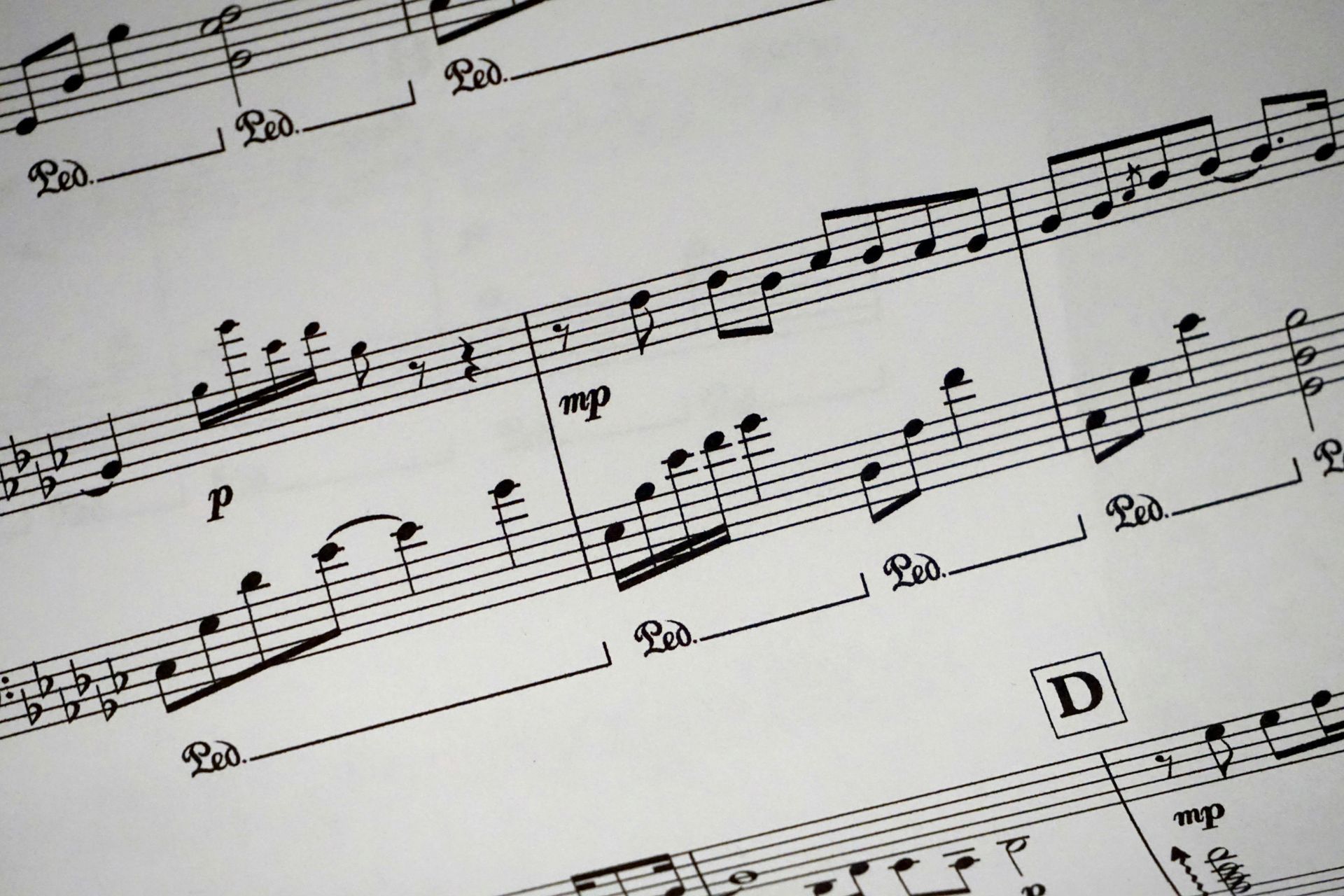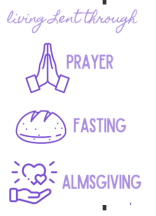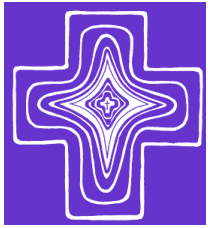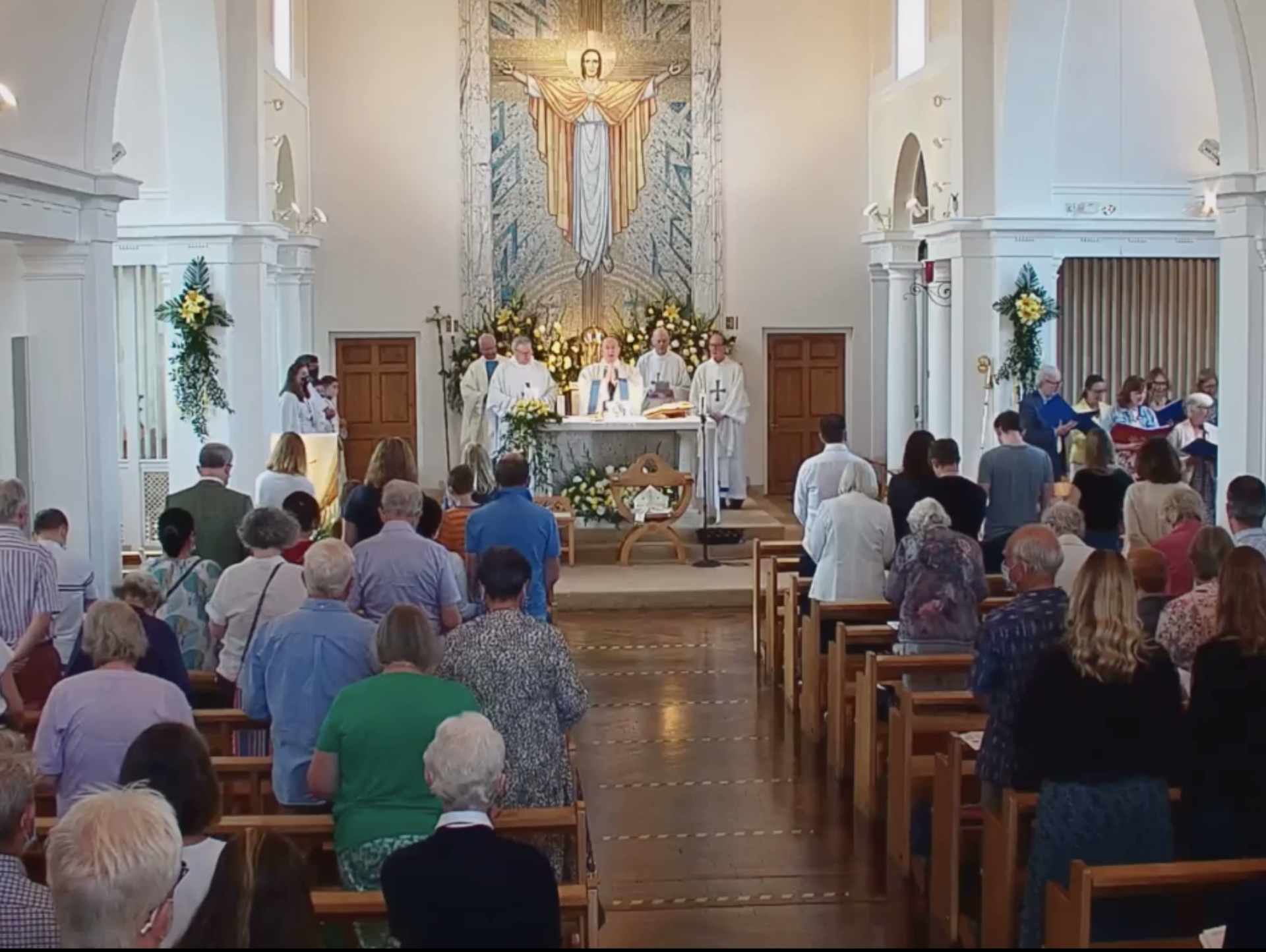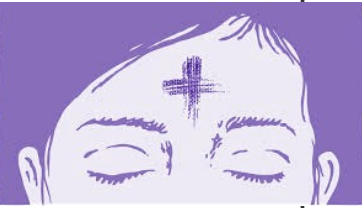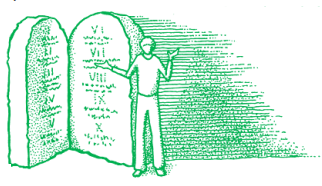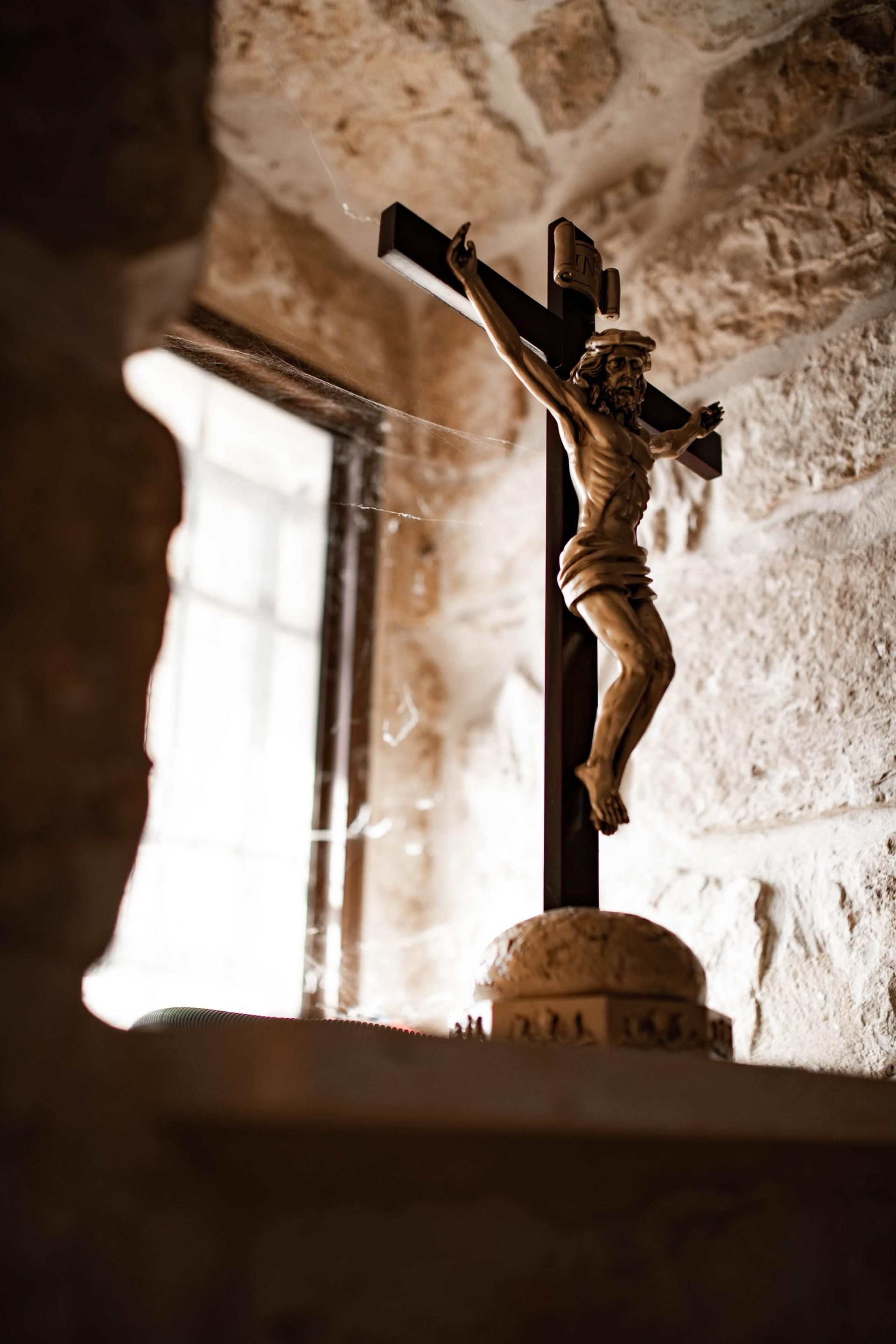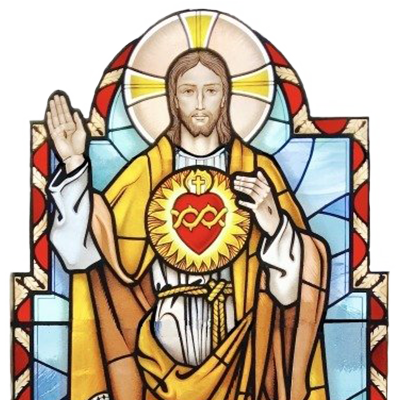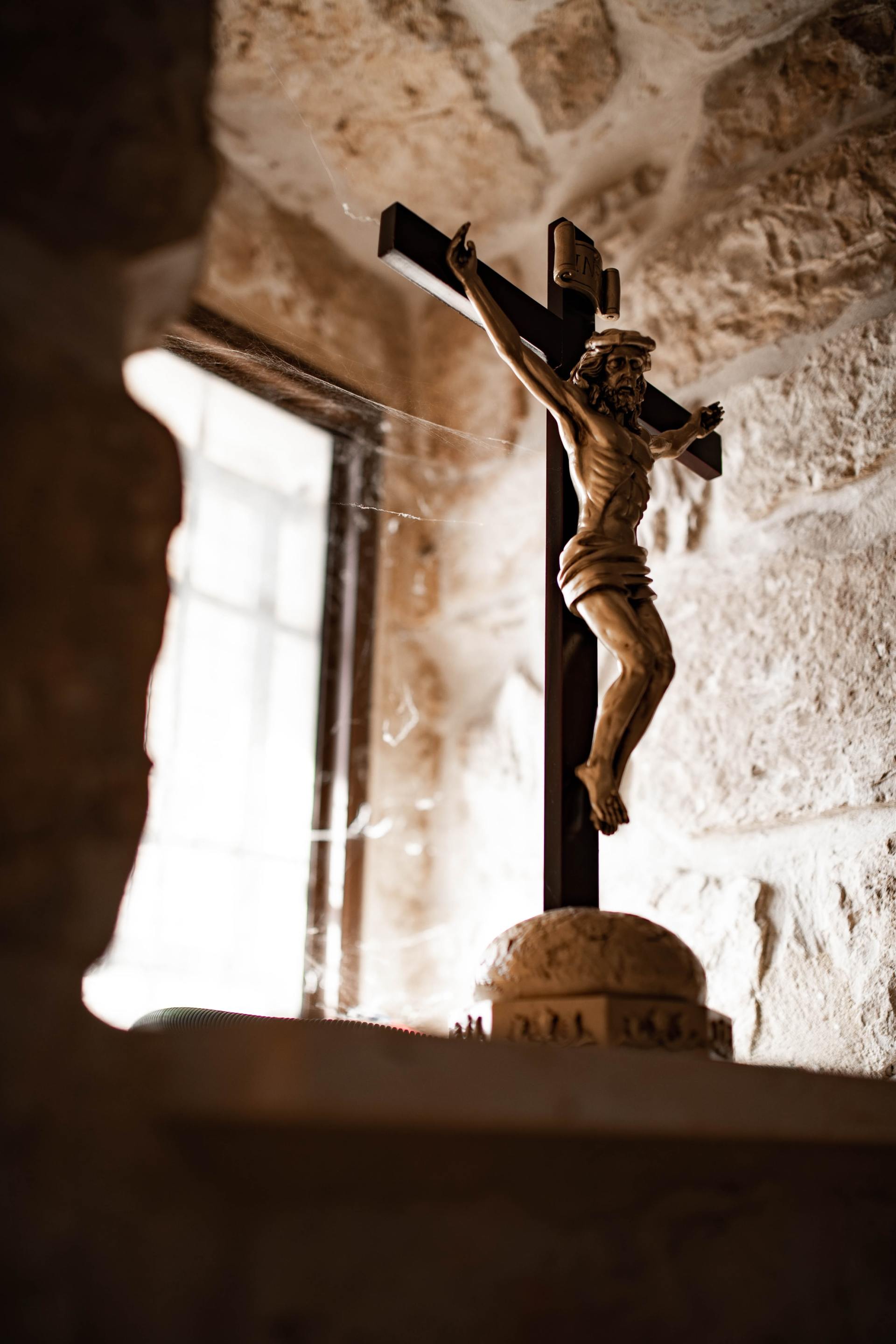The Sacred Triduum
Sunset on Holy Thursday to sunset on Easter Sunday is considered the most solemn part of the liturgical year. This three-day period is referred to as the Easter Triduum, also known as the Sacred Triduum, or Paschal Triduum. The word ‘triduum’ comes from the Latin word triduum, which comes from tris (‘three’) + dies (‘day’). Basically, the Sacred Triduum is one great festival recounting the last three days of Jesus’ life on earth, the events of his Passion and Resurrection, when the Lamb of God laid down his life in atonement for our sins.
“Though chronologically three days, they are liturgically one day unfolding for us the unity of Christ's Paschal Mystery.”
It is known as the ‘Paschal Mystery’ because it is the ultimate fulfilment of the ancient Jewish Passover (or Pasch), which itself was a recollection of how God brought the Jews out of their slavery in Egypt. The spotless lamb was slaughtered at the Passover meal and consumed - that same night the destroying angel ‘passed over’ the homes marked with the blood of the Passover Lamb, and those covered by the Blood were saved. This was the Old Testament prefiguring of Jesus’ work at the Last Supper - where he inserted himself as the Paschal Lamb - and Calvary, where the sacrifice was offered to save us from our slavery to sin. With the Eucharist, we consume the victim that died for our sins. The Paschal Mystery is, therefore, God’s plan of redemption for our fallen human race through the passion, death, and resurrection of the God-man Jesus Christ. It is one marvellous event stretched out over three days.
The evening Mass on Holy Thursday is referred to as The Mass of the Lord's Supper. This is where the Church re-lives the institution of the Eucharist and the Sacrifice of the Mass at the Last Supper, as well as the institution of the priesthood, which took place on the evening before Jesus was crucified. Extra hosts are consecrated at this Mass to be used on Good Friday when Mass is not celebrated.
Good Friday is a mandatory day of fasting and abstinence. This is the day of the crucifixion, the day Jesus died for the sins of the world. The Parish altar looks very different on Good Friday: it is plain and bare. There are no consecrated Hosts in the tabernacle; it was carried away on Holy Thursday night to the ‘altar of repose’ to signify Jesus’ death. The candle by the tabernacle is not lit, and the tabernacle doors are open to show that it is empty. Jesus is gone. This is quite dramatic, reminding us that Good Friday is a solemn day of mourning and prayer.
The ceremony on Good Friday is not a Mass - it is a service of Commemoration using consecrated hosts from Holy Thursday. Good Friday is the only day of the year on which Mass is not celebrated.
There is no daytime Mass on Holy Saturday. It is still a day of fasting and sorrow before the Easter Vigil begins in the evening. We recall, with Mary and the disciples, that Jesus died and was separated from them for the first time as he lay in the tomb. The faithful often continue their Good Friday fast through Holy Saturday.
In the Apostles Creed we pray ‘He descended into hell’ (translated hades, that is, the temporary abode of the dead - not the eternal lake of fire) which describes what Jesus did in the time between his burial and Resurrection. Jesus descended to the realm of the dead on Holy Saturday to save the righteous souls - the Old Testament patriarchs, for example - who died before his crucifixion.
The Catechism of the Church calls Jesus’ descent into the realm of the dead ‘the last phase of Jesus’ messianic mission,’ during which he ‘opened heaven’s gates for the just who had gone before him.’ Before Holy Saturday, there were no souls enjoying the beatific vision of God in heaven! Christ’s work on Holy Saturday is also known as the ‘Harrowing of Hell.’
An Easter Vigil Mass is held after nightfall on Holy Saturday, or before dawn on Easter Sunday, in celebration of the resurrection of Jesus. This is called the Easter Vigil: the most glorious, beautiful, and dramatic liturgy for the Church. This vigil is divided into four parts: 1) the Service of Light, 2) the Liturgy of the Word, 3) the Liturgy of Baptism, and 4) the Liturgy of the Eucharist.
This is also the Mass in which many RCIA catechumens are brought into the Catholic Church.
